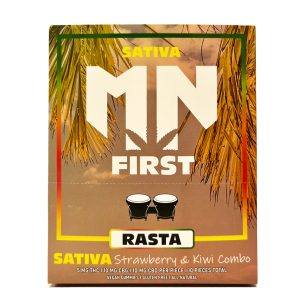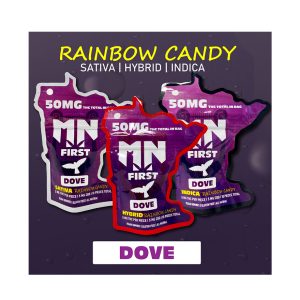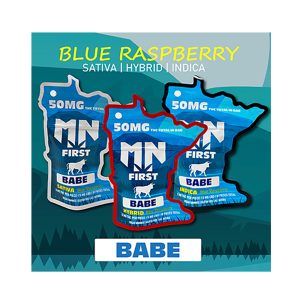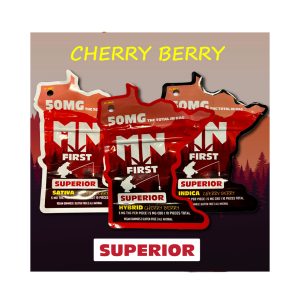**Company History and Evolution:**
– Founded in 1997 by Cher Wang and H. T. Cho
– Started making Windows Mobile PDAs and smartphones in 2004
– Acquired Dopod International in 2007
– Joined Google’s Open Handset Alliance and released the first Android device in 2008
– Introduced HTC Sense user interface in 2009
– Sold over 24.6 million handsets in 2010
– Experienced a significant profit drop in 2013
– Launched HTC One (M7) in 2013
– Moved headquarters to New Taipei City in 2012
– Acquired Dashwire in 2011
– Launched virtual reality platform HTC Vive with Valve in 2016
**Market Performance and Challenges:**
– Became the largest U.S. smartphone vendor in 2011
– Lost market share in 2012 due to competition
– Accounted for 9.3% of U.S. smartphone market in 2013
– HTC One Delay Costly: Profit Drops 98%
– HTC delays launch of new phone
– HTC continues to prove unprofitable as sales dwindle
– HTC has another tough quarter, with revenue down 13% YOY
– The HTC Vive has sold much more than 140,000 units, each at a profit
**Product Releases and Innovations:**
– Released HTC One Mini and HTC One Max in 2013
– Debuted Heres To Change marketing campaign in 2013
– Unveiled HTC One (M8) in 2014
– Launched its first Windows 3G phones
– HTC HD2 review
– HTC HD7 review
– HTC One Max fingerprint phablet unveiled early
– HTC One M8: The most beautiful smartphone
– HTC launched a blockchain-focused phone
– HTC integrated a full Bitcoin node into a new smartphone
**Legal Disputes and Financial Performance:**
– Apple filed a complaint against HTC in March 2010
– Apple and HTC reached a 10-year license agreement in November 2012
– Apple settled with the U.S. Federal Trade Commission in February 2013
– HTC disagreed with Apple’s actions and filed a counter-complaint
– HTC had a terrible holiday quarter
– HTC revealed a standalone Vive Focus VR headset and canceled Daydream plans
– HTC settled a privacy case over flaws in phones
**Partnerships and Sponsorships:**
– Announced partnership with China Mobile in 2010
– Formed strategic partnership with Beats Electronics in 2011
– Launched a multi-million dollar ad campaign to become a household name
– HTC sponsored the HTC-Highroad professional cycling team from 2009 to 2011
– HTC sponsored the NorthEast United Indian Super League franchise
– HTC sponsored professional eSports teams FaZe Clan, Team SoloMid, Cloud9, Team Liquid, and J Team
You can help expand this article with text translated from the corresponding article in Chinese. Click [show] for important translation instructions.
|
HTC Corporation (Chinese: 宏達國際電子股份有限公司; pinyin: Hóngdá Guójì Diànzǐ Gǔfèn Yǒuxiàn Gōngsī), or High Tech Computer Corporation (abbreviated and trading as HTC), is a Taiwanese consumer electronics corporation headquartered in Xindian District, New Taipei City, Taiwan. Founded in 1997, HTC began as an original design manufacturer and original equipment manufacturer that designed and manufactured laptop computers.
 | |
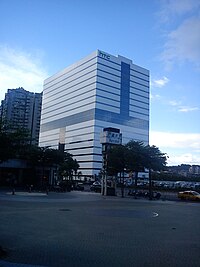 Headquarters in Xindian, New Taipei City, Taiwan | |
| Company type | Public |
|---|---|
| TWSE: 2498 | |
| Industry | Telecommunications equipment |
| Founded | 15 May 1997 |
| Headquarters | , |
Area served | Worldwide |
Key people |
|
| Products | Smartphones, VR headsets, Laptop |
| Revenue | |
| Total assets | |
| Subsidiaries | S3 Graphics Saffron Digital |
| Website | www |
After initially making smartphones based mostly on Windows Mobile, HTC became one of 34 cofounding members of the Open Handset Alliance, a group of handset manufacturers and mobile network operators dedicated to the development of the Android operating system. The HTC Dream (marketed by T-Mobile in many countries as the T-Mobile G1) was the first phone on the market to run Android.
Although initially successful as a smartphone vendor as it became the largest smartphone vendor in the U.S. in Q3 2011, competition from Samsung and Apple, among others, diluted its market share, which dropped to just 7.2% by April 2015, and the company has experienced consecutive net losses. In 2016, HTC began to diversify its business beyond smartphones and has partnered with Valve to produce a virtual reality platform known as HTC Vive. After having collaborated with Google on its Google Pixel, HTC sold roughly half of its design and research talent, as well as non-exclusive rights to smartphone-related intellectual property, to Google in 2017 for US$1.1 billion.

